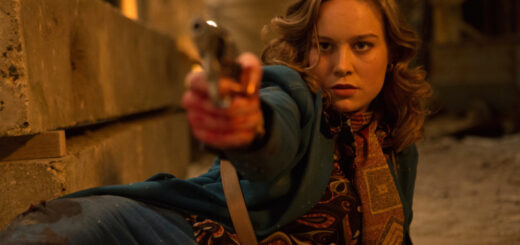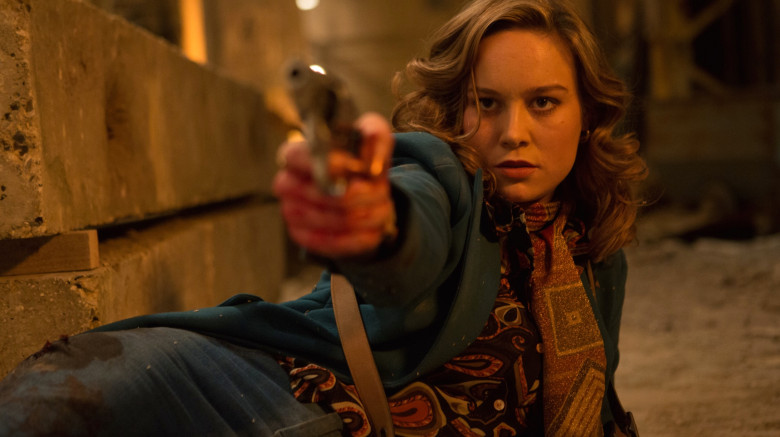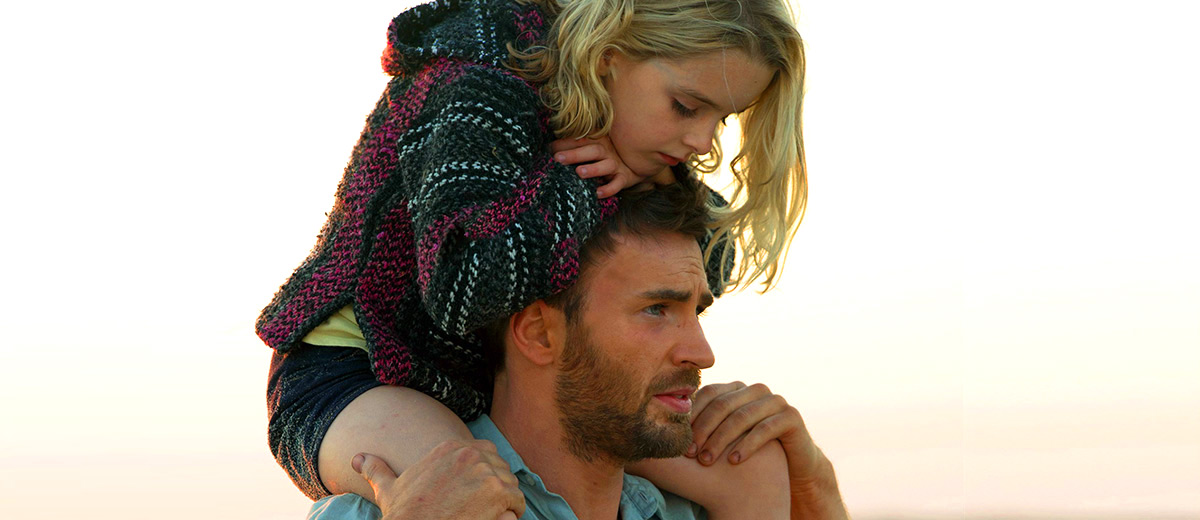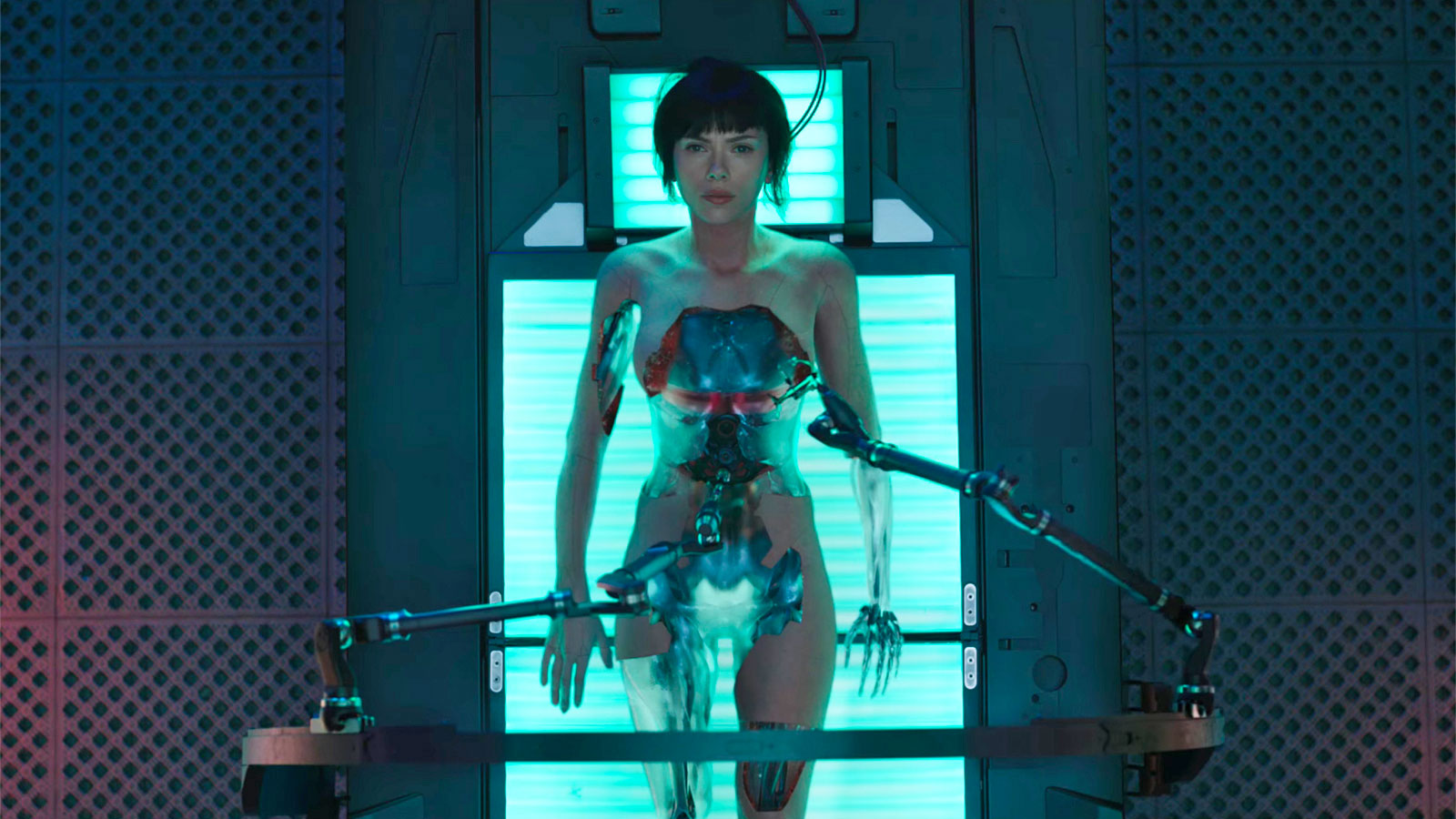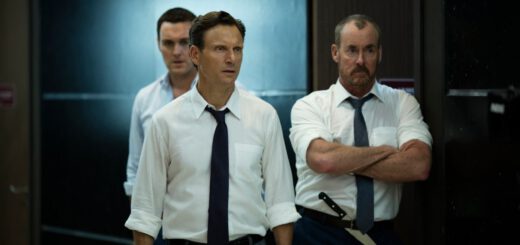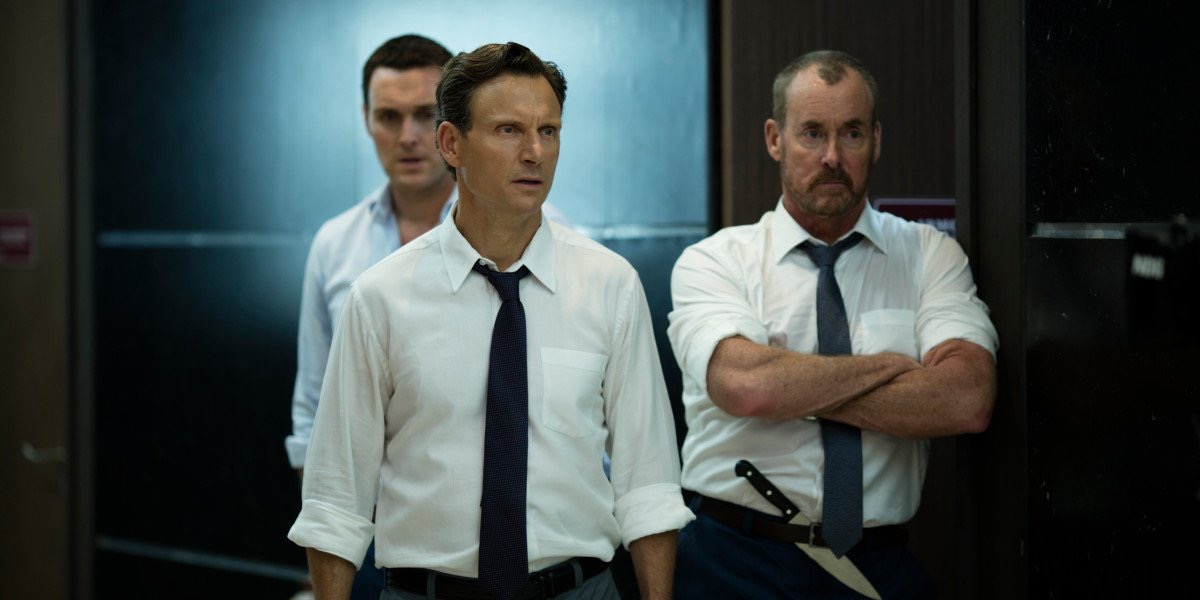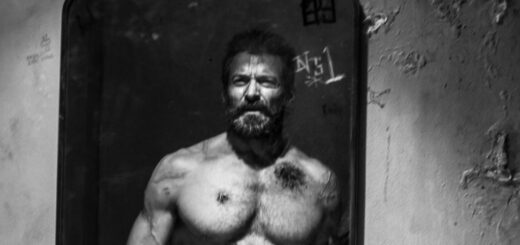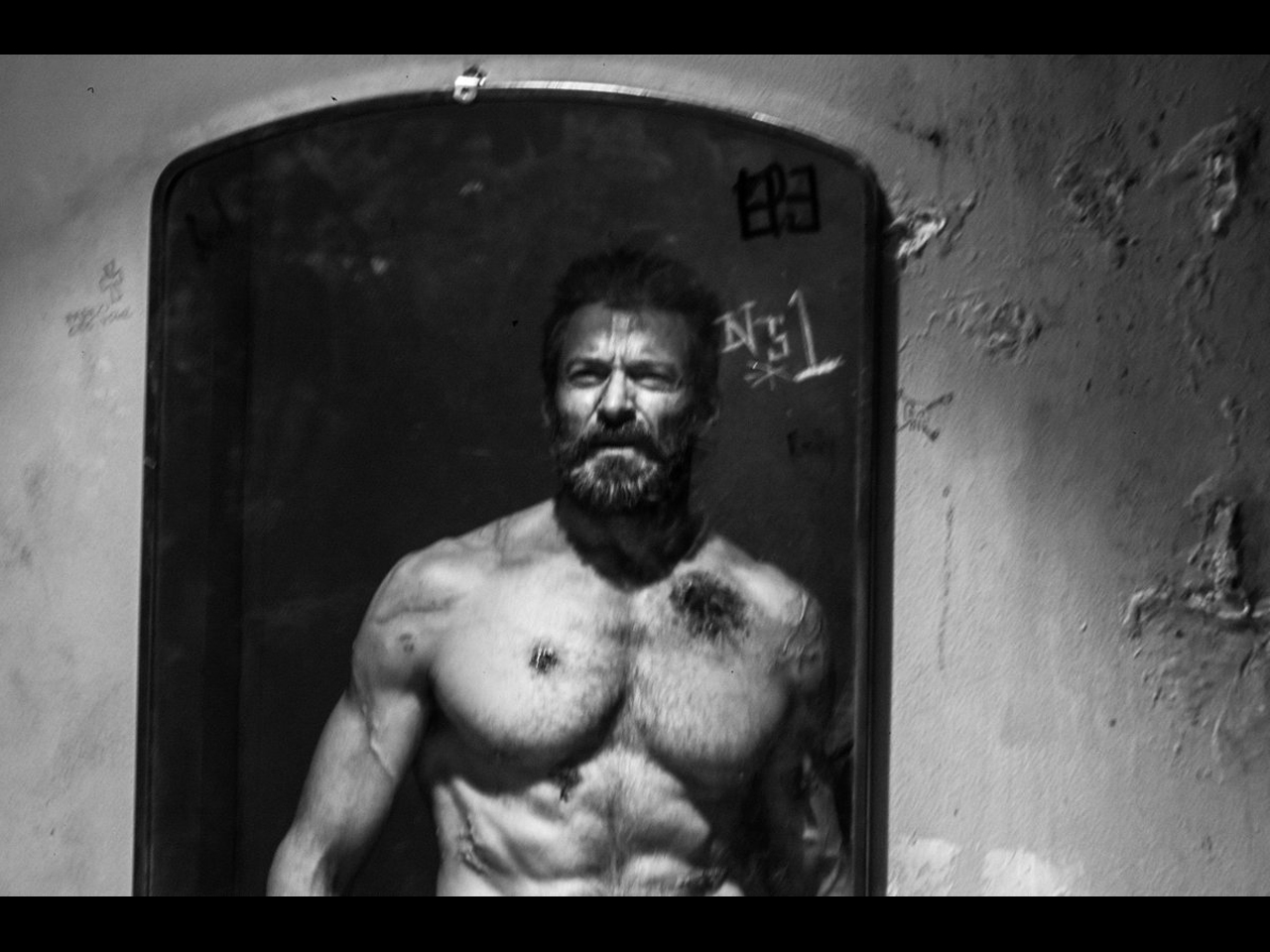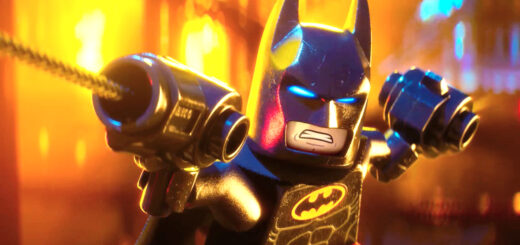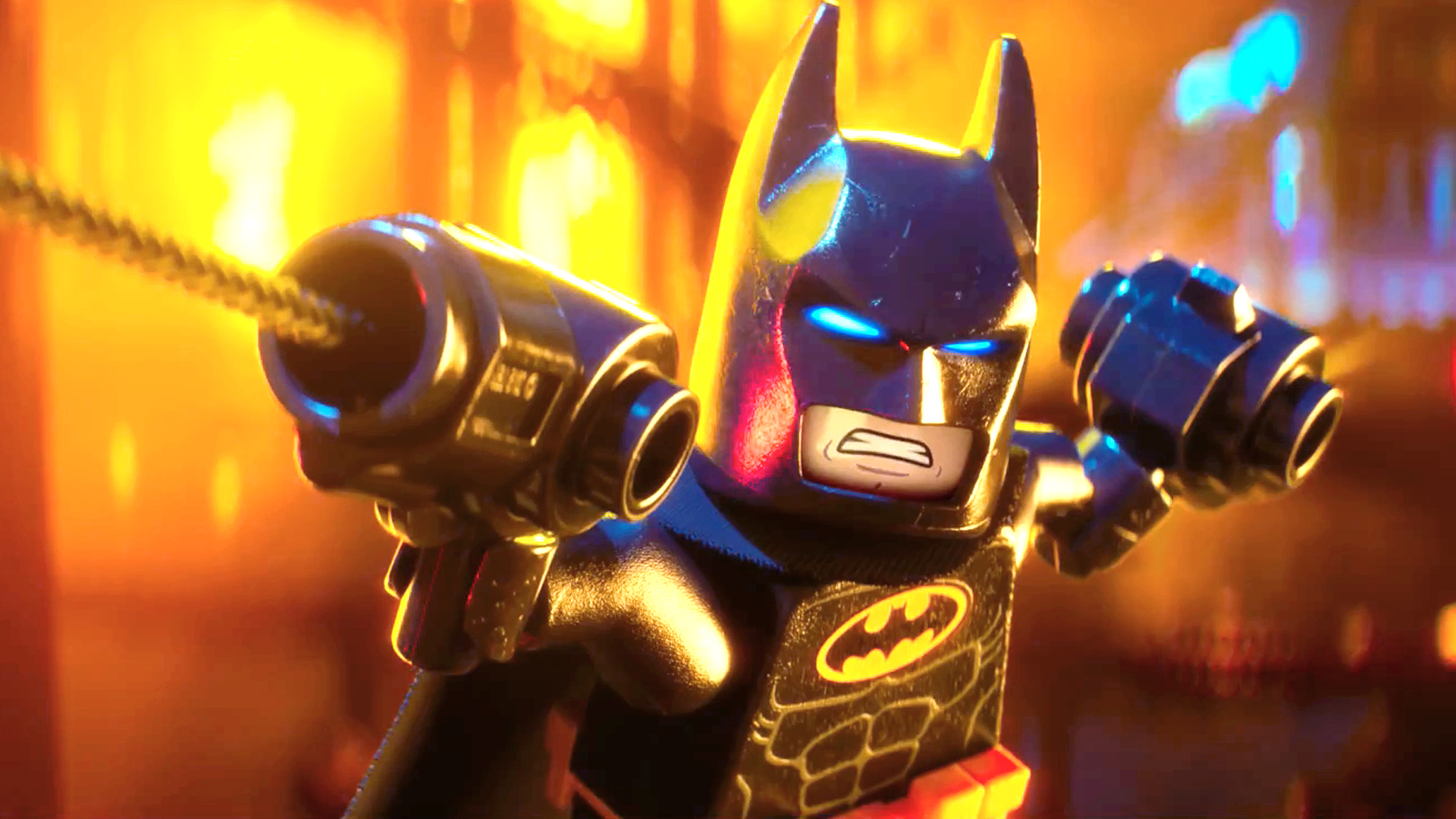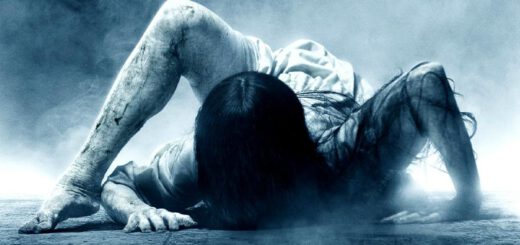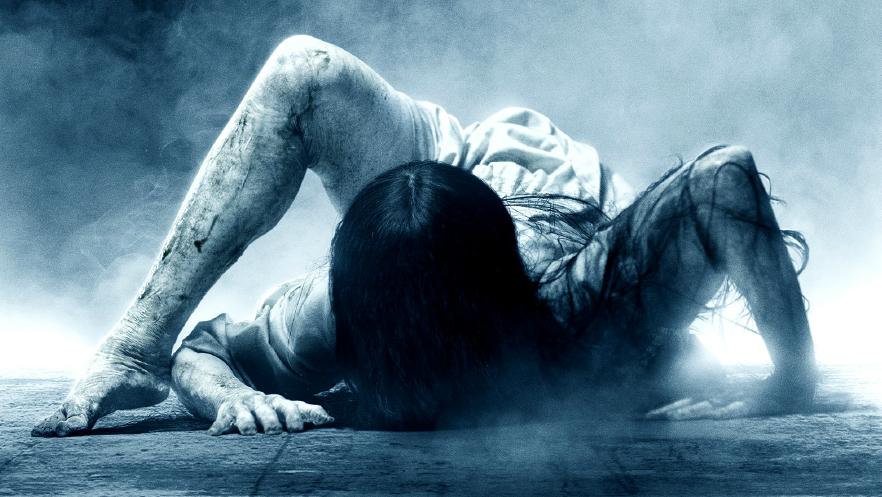Box Office Democracy: Sleight
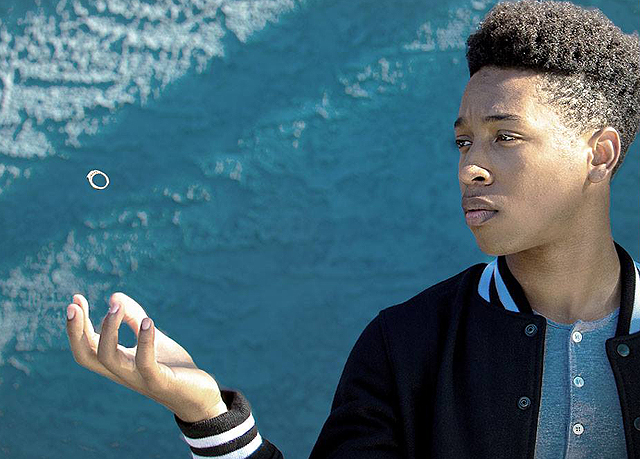
I remember once hearing Peter Bagge say that he regretted naming his comic book Hate because critics couldn’t resist headlines like “I Hate Hate” or something in that vein. I wish the producers of Sleight had heard that same thing because I can’t help myself but say that Sleight is, well, kind of slight. For a movie about magic tricks, gang violence, and subdermal electromagnets, there just isn’t that much going on. Sometimes that’s great and it reads as a nice little slice of life movie with some fantastic elements on the fringe; other times you can just sort of see where the effects budget ran out. Sleight is a good movie for $250,000 but I can’t help but pine for the version that cost a few million.
I appreciate that Sleight is trying to tell a smaller story, honestly I do. I like that it’s a simpler story of a young man trying to make ends meet for his family while chasing a dream and meeting a girl. It’s refreshing to have some trappings of a superhero movies but without having to have the entire fate of the world at stake. Not every movie has to be The Fate of the Furious or The Avengers to be successful.
I would appreciate it more if I didn’t see budget constraints as the reasons for narrative problems. The hero of this story, Bo (Jacob Latimore), spends this movie in mortal terror of a criminal enterprise that consists of only three people. You can’t tell me that isn’t about not wanting to pay more actors. You could get away from a three-person criminal organization by moving two or three cities away. That’s not plausible for someone struggling to make ends meet, but it seems like the best possible option when you’ve raised $40k in money to pay them off. Rather than spend days fretting about getting the last bit of money just use that money to get well clear of the world’s smallest drug gang. This is a nitpick, but things like this loom over the film. A lot of stuff happens off camera or is otherwise obscured from the audience not because it makes for a more compelling story but because they couldn’t afford to shoot it.
Sleight makes me consider what makes something a movie. I don’t think there needs to be some sort of minimum amount of spectacle for something to be a feature film. I’ve happily watched movies that were basically just sets of conversations. Sleight feels like it could be a TV show with no real changes. Hell, it might be better as an ongoing series because everything would have more of a chance to breathe. I can’t put my finger on the thing that makes it not feel like a movie, but there’s something that isn’t in Sleight.
I feel like I’m being a bit relentless with hitting Sleight for looking cheap and that might be unfair, but it was all that was holding the movie back. It’s a completely charming film that I would absolutely see a sequel to if that’s how this is going to go (how could a film not make back a budget of $250,000). I also think it’s a great idea for a TV show ,but maybe that’s more of a commentary on the effects than some unique call from this story. Sleight would be the best episode of Black Mirror I’ve ever seen. It just doesn’t quite feel big enough to be a feature film.


